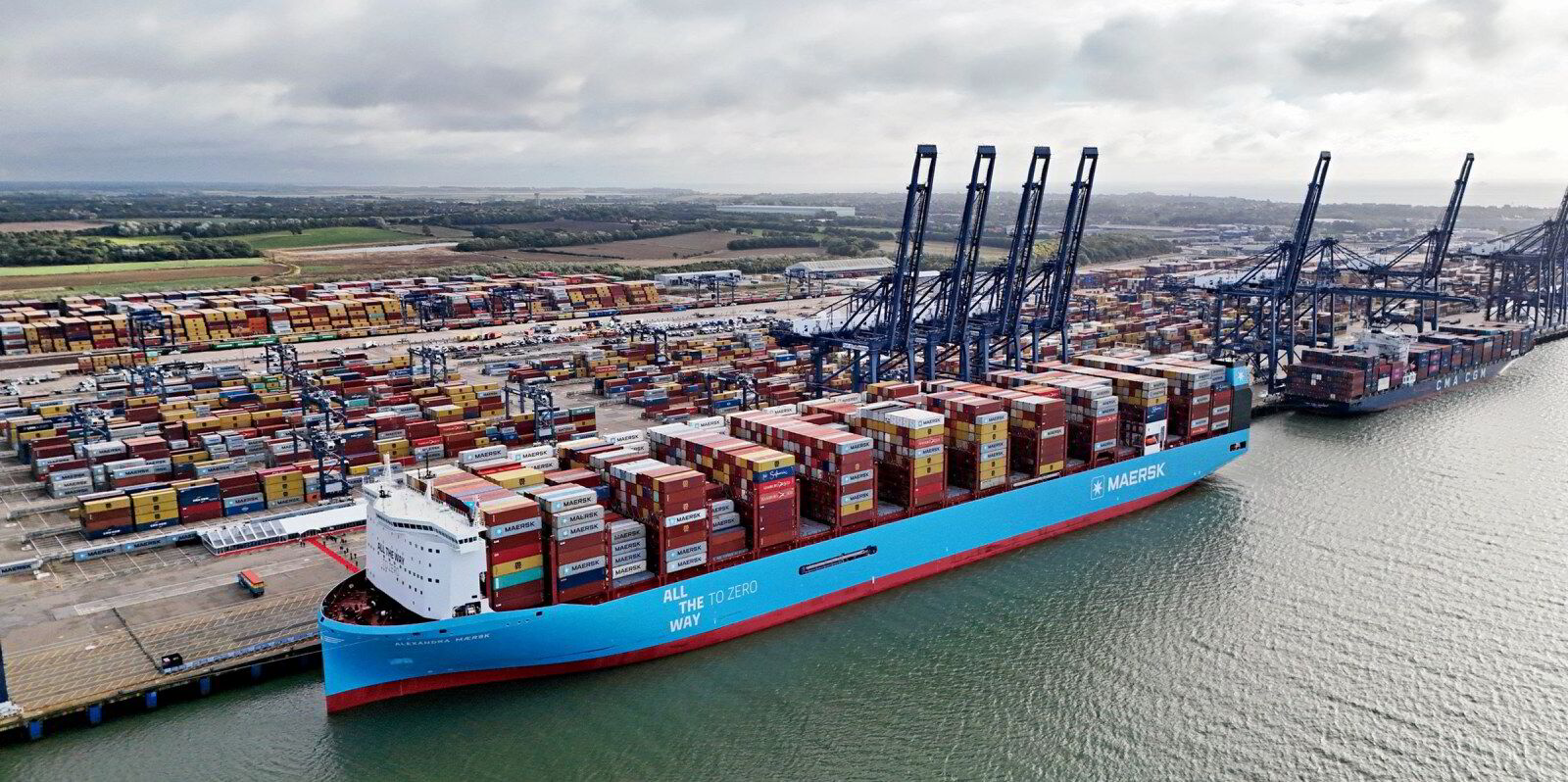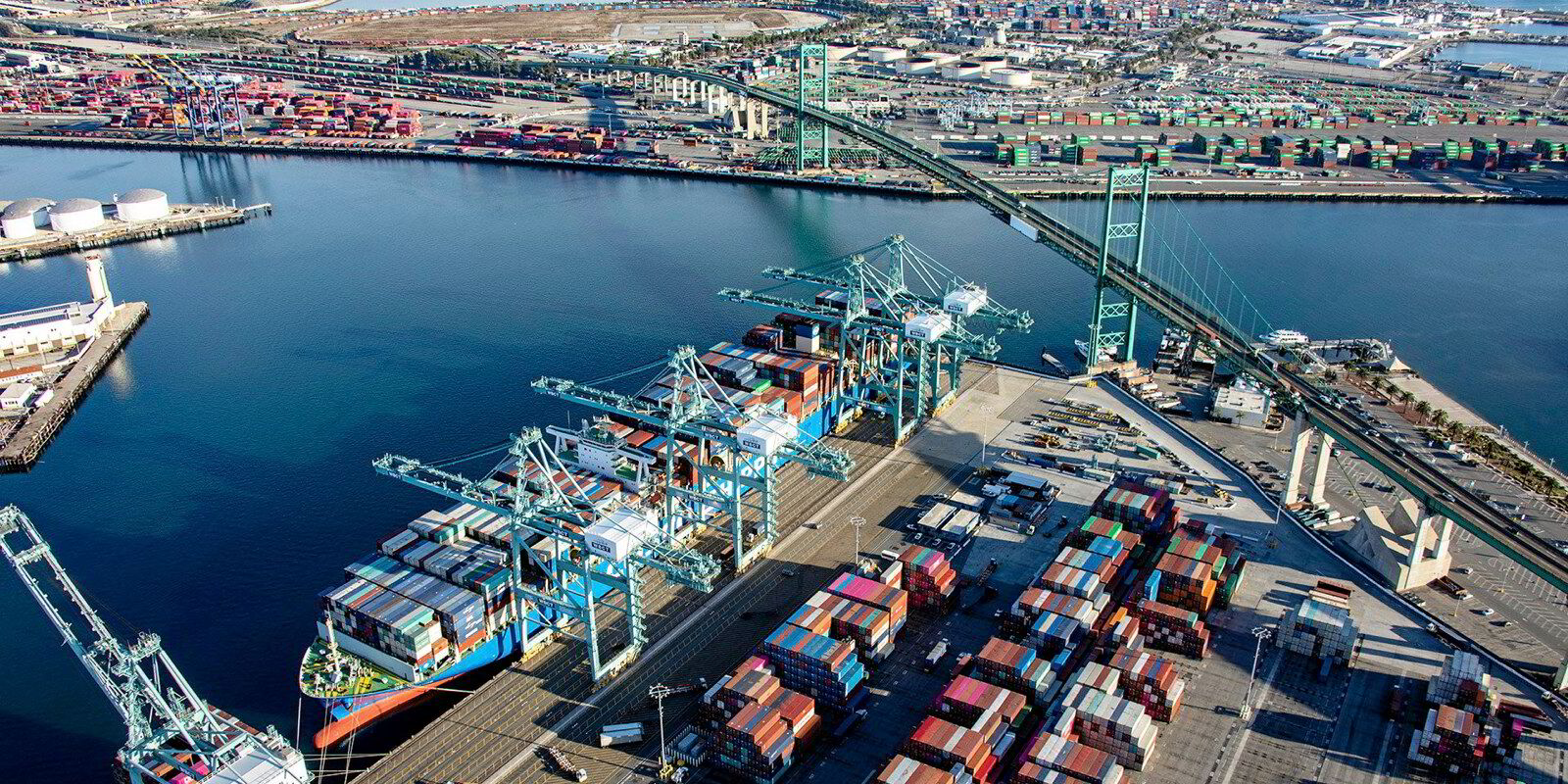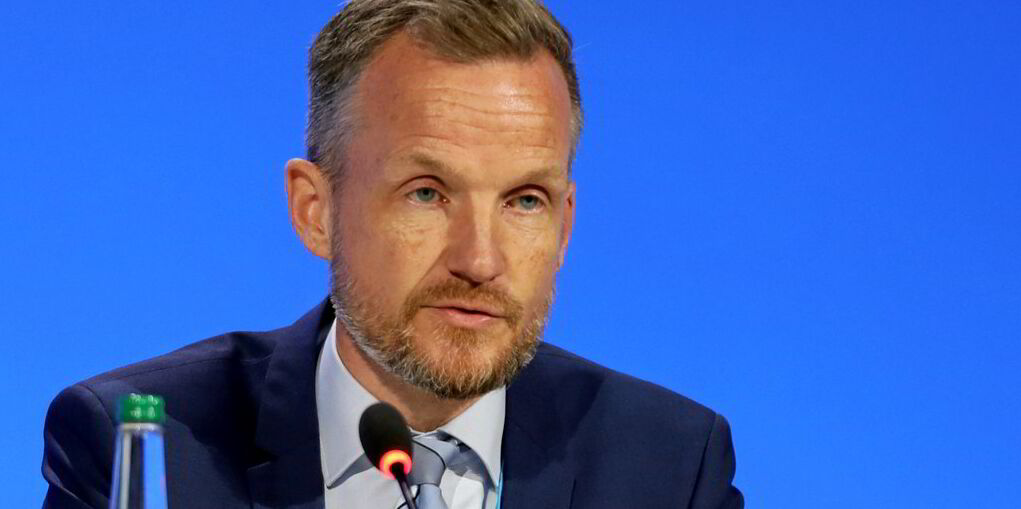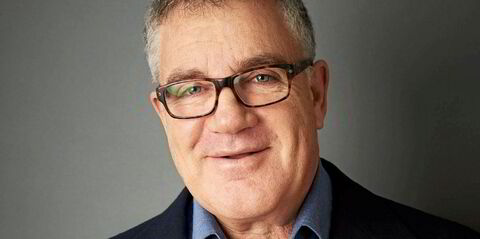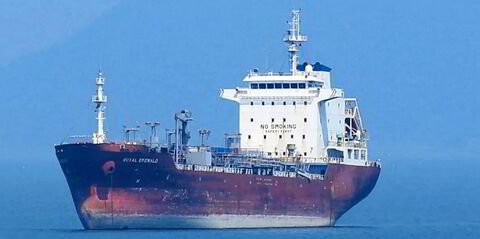AP Moller-Maersk and Danone have agreed to use biofuels to ship food products worldwide.
The move involves the Danish shipowner’s decarbonisation product Eco Delivery Ocean, which uses bio-diesel or bio-methanol produced solely from waste feedstocks, across the Maersk fleet.
The deal will enable the French food and beverage company to reduce greenhouse gas emissions by more than 40% on a well-to-wake basis compared with conventional fossil fuels.
Danone has aligned its pathway to net zero with the Science-Based Targets initiative (SBTi) and is targeting net-zero emissions by 2050.
Maersk has a net-zero target of 2040 and is the first shipping company to have a pathway to net zero approved by the SBTi.
“The swift reduction of greenhouse gas emissions is at the core of both our companies”, said Emilio de la Cruz, Maersk’s managing director for South West Europe.
“Well-known companies like Danone can act as a beacon in their industries by using effective levers to decarbonise their supply chains.”
Danone joins a growing band of companies looking to lower emissions using the Eco Delivery product. Other shippers that have signed up include Volvo, Primark and Nike.
The big challenge remains the large price gap with green fuels which is still two to three times higher than fossil fuels, according to Maersk sources.
The liner giant has been urging regulators such as the International Maritime Organization to close the gap between green and fossil fuels by implementing financial measures.
Otherwise, it could be another decade until fossil fuels are more expensive than green fuels, Maersk sources said.
